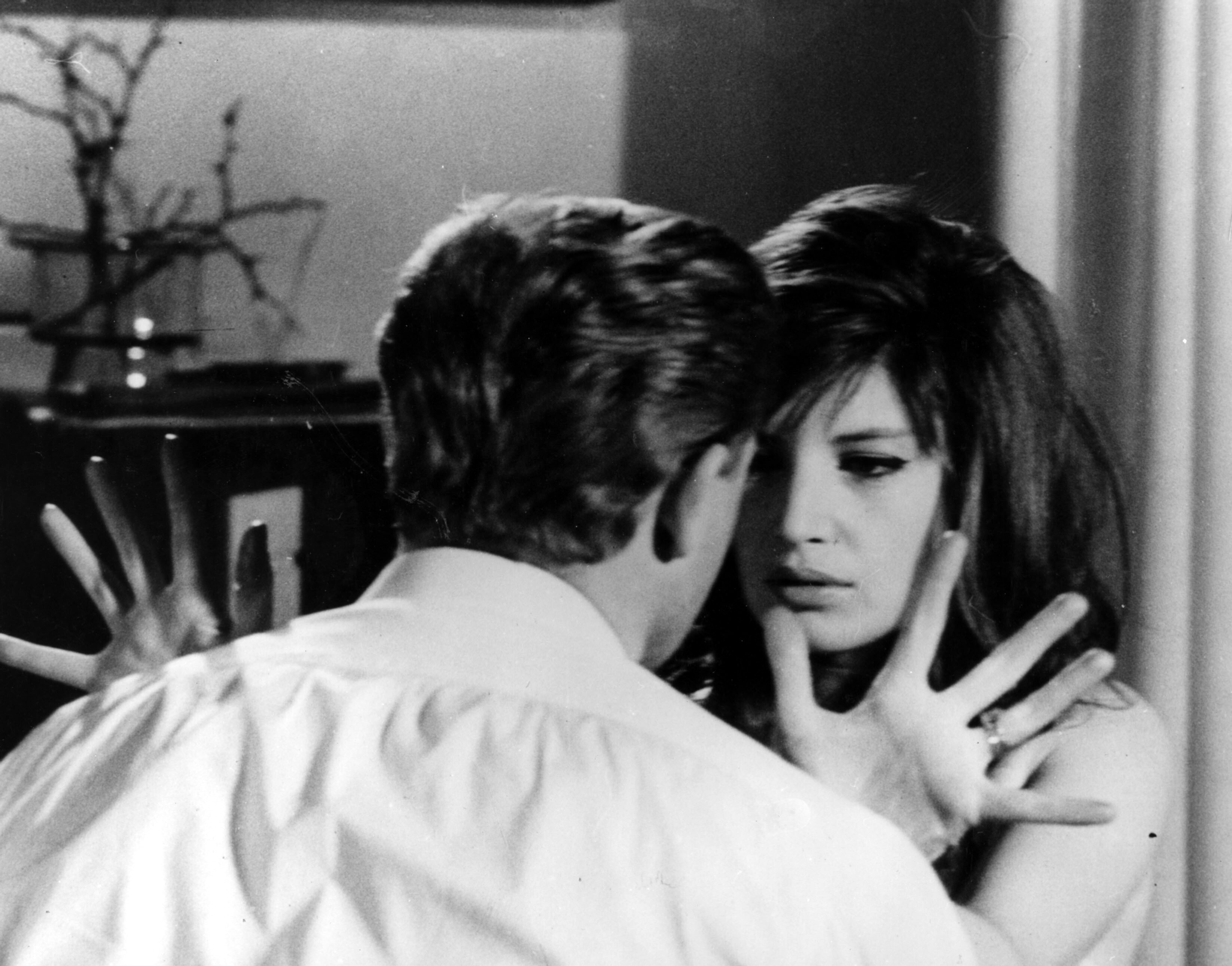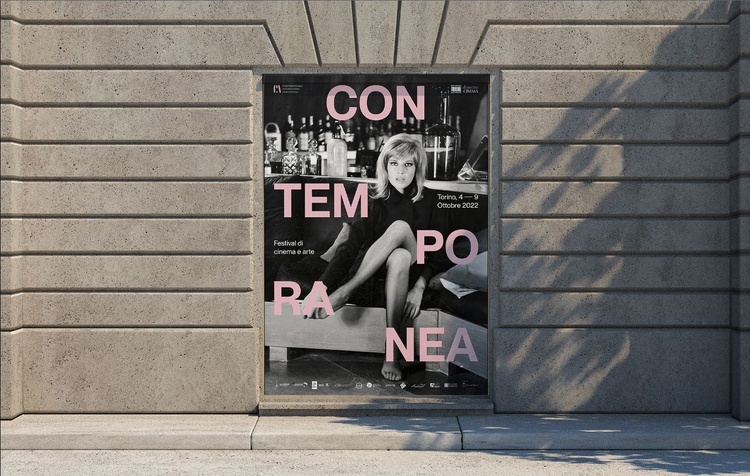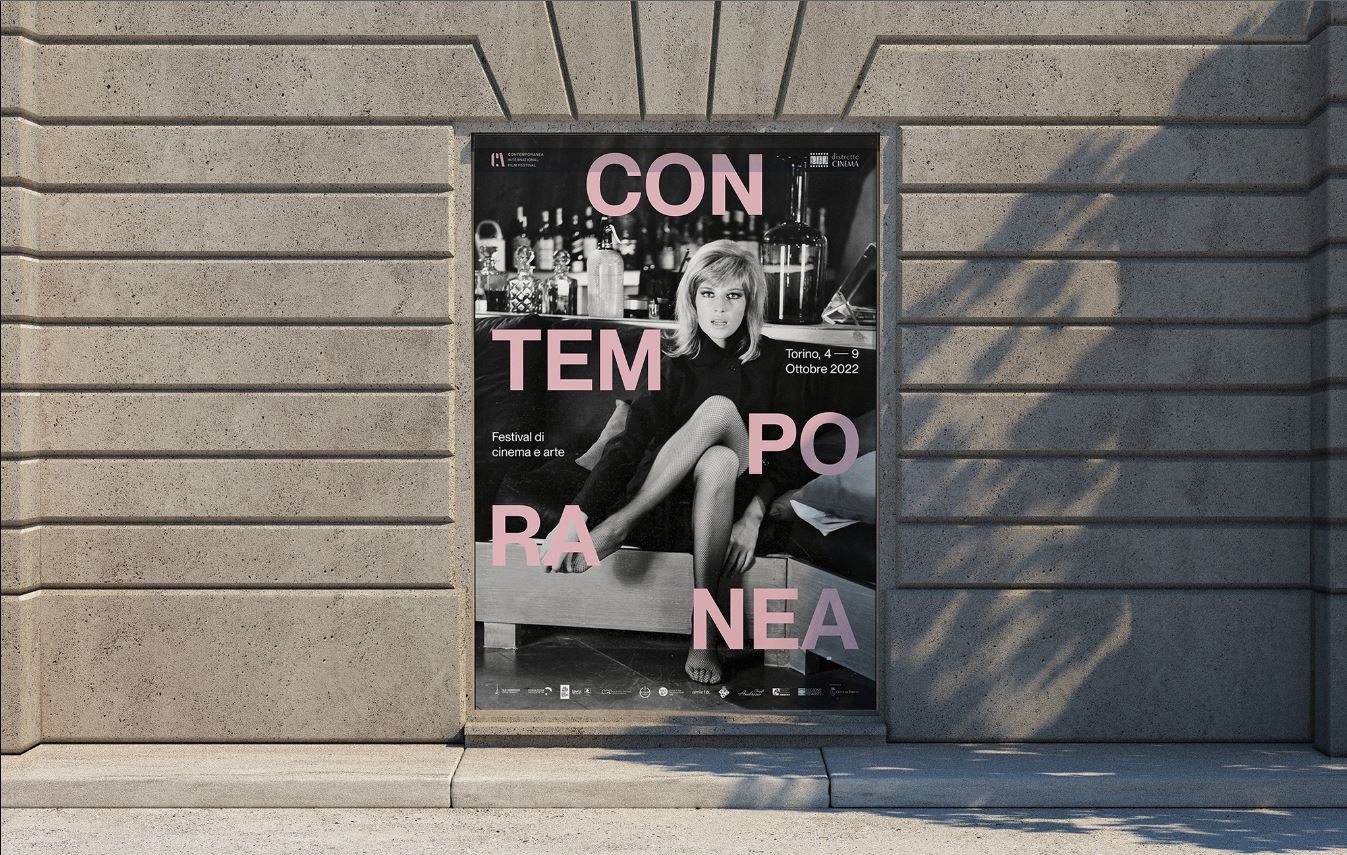A brand new film and visual arts festival dedicated to the female gaze is coming to Torino.
The inaugural Contemporanea International Film Festival is scheduled to take place between Tuesday, October 4, and Sunday, October 9.
The opening event will be dedicated to the inimitable Monica Vitti, featuring a screening of Michelangelo Antonioni’s 1964 masterpiece Deserto Rosso.
The project is being organised by Distretto Cinema in collaboration with Film Commission Torino Piemonte, Circolo dei Lettori, National Archives of Enterprise Cinema, Rai Teche and many more.
“Through cinema, video art, meetings, and vast archival research, we’re trying to trace the changes in the imagery linked to the feminine inner world,” explains Fulvio Paganin, creator and artistic director of the Festival.
Contemporanea, however, was also created to in order to advocate for necessary cultural change, providing space for women filmmakers to showcase their grossly underrepresented perspectives; addressing the vast gender inequity within the global film industry.
Each edition of Contemporanea will be dedicated to a great woman in cinematic history.
“Contemporanea was born from the ambition to create a meeting place between different generations, knowledge bases and viewpoints. An open space to investigate the interrogative power of images, to ask questions, question reality, reactivate the past in order to find new keys to interpret the present,” says Giulia Magno, artistic director of the festival.

Monica Vitti, the icon to whom the inaugural festival is dedicated, in 'Deserto Rosso'. (Photo: AAP)
“In this sense, if many of the works featured in the festival’s first official selection affirm our desire to celebrate the filmmakers of the future, the decision to dedicate this first edition to a timeless icon like Monica Vitti reminds us that history - as a great Italian philosopher once said –’is always contemporary.’
“Armed with intelligence, irony and an extraordinary creative freedom, the works in the program break boundaries between genres, contaminate languages and invite us to question our certainties linked to established stereotypes.”












